Eritrea
The NGO Human Rights Watch (HRW) on Thursday called for targeted sanctions against Eritrean leaders, accusing the authorities of conscripting thousands of people, including minors, for military service and punishing the families of those who do not.
One of the world's most closed and authoritarian countries, Eritrea, ruled with an iron fist since its independence from Ethiopia in 1993 by President Issaias Afeworki, has a policy of universal conscription for an unlimited period.
In a statement, HRW called for targeted sanctions against Eritrean leaders for the "ongoing repression" and called for a thorough review of the issue by the UN Human Rights Council and the African Commission on Human and Peoples' Rights.
HRW also called on Eritrea's partners, including the Gulf States, to "exert pressure" on Asmara to "make significant changes to the abusive national service system.
The Horn of Africa country initially used the bloody war with Ethiopia between 1998 and 2000 to justify its conscription policy, which remained in place despite a peace agreement signed with Addis Ababa in 2018.
HRW said the latest wave of "ruthless" conscription began in mid-2022, with the Eritrean military supporting Ethiopian forces in the war against rebels in the Tigray region of northern Ethiopia.
Eritrean troops have been accused by the United States and human rights groups of committing atrocities during the conflict, which began in November 2020, including the massacre of hundreds of civilians.
In September 2022, Eritrean authorities called on the armed forces to mobilize after renewed fighting ended a months-long truce between the Ethiopian government and tiger rebels.
A peace agreement was signed in November 2022 between the Ethiopian government and the Tigrayan rebels, but Eritrea, which borders Tigray, did not participate in the talks and its troops continue to be present in the region, according to residents.
- Checkpoints -
Eritrea has been the arch-enemy of the Tigray regional authorities, which emerged from the Tigray People's Liberation Front (TPLF), since a bloody border war in 1998-2000 when the party ruled Ethiopia (1991-2018).
According to HRW, security forces have set up checkpoints throughout the country to enrol recruits and have gone door-to-door to identify those who evade them.
"The Eritrean government, in an effort to cope with declining numbers, has been detaining and deporting elderly people and women with young children from their homes in order to track down people it considers insubordinate or deserters," said Laetitia Bader, HRW's director for the Horn of Africa, in a statement.
"Eritreans from all walks of life are bearing the brunt of the government's repressive policies," she continued.
"Everyone has always lived with the risk of being drafted, but this is on a whole new level," said one Asmara resident, quoted in the statement.
Human rights groups regularly accuse Eritrea of forcing citizens to spend years in national service and of punishing any act considered desertion or disobedience with heavy prison sentences and even torture.



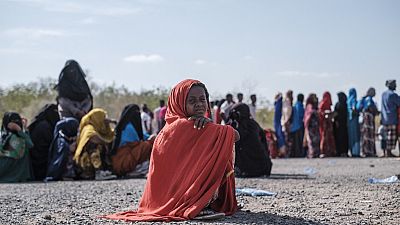

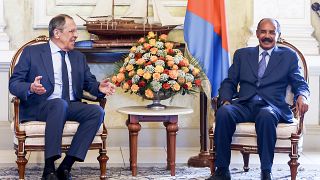
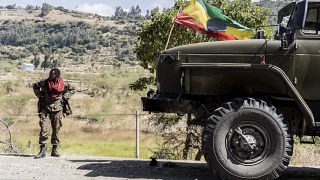
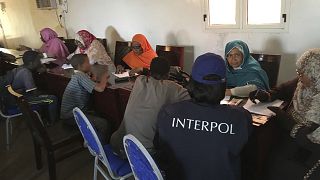
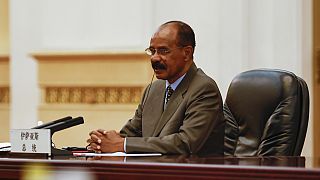
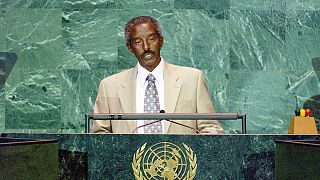
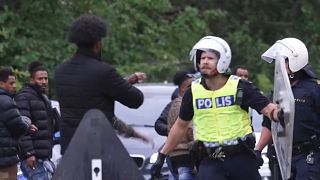



00:47
Ghana: President Mahama suspends Chief Justice Gertrude Torkornoo
Go to video
Police rescue 33 West Africans from a human trafficking scam in Ivory Coast
Go to video
Pope Francis' funeral scheduled Saturday April 26
Go to video
Uganda plans law to allow military prosecution of civilians
Go to video
Al-Qaida-linked militants attack a strategic town in Somalia
Go to video
Trump administration threatens Harvard over foreign student visas and protest ties